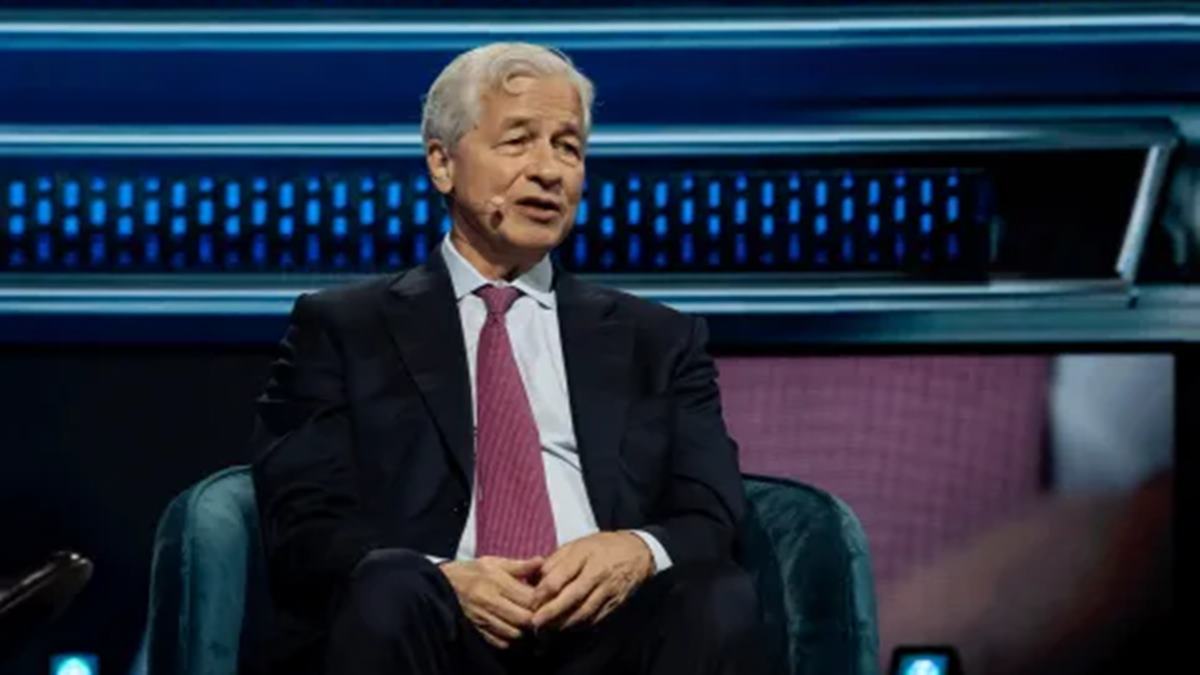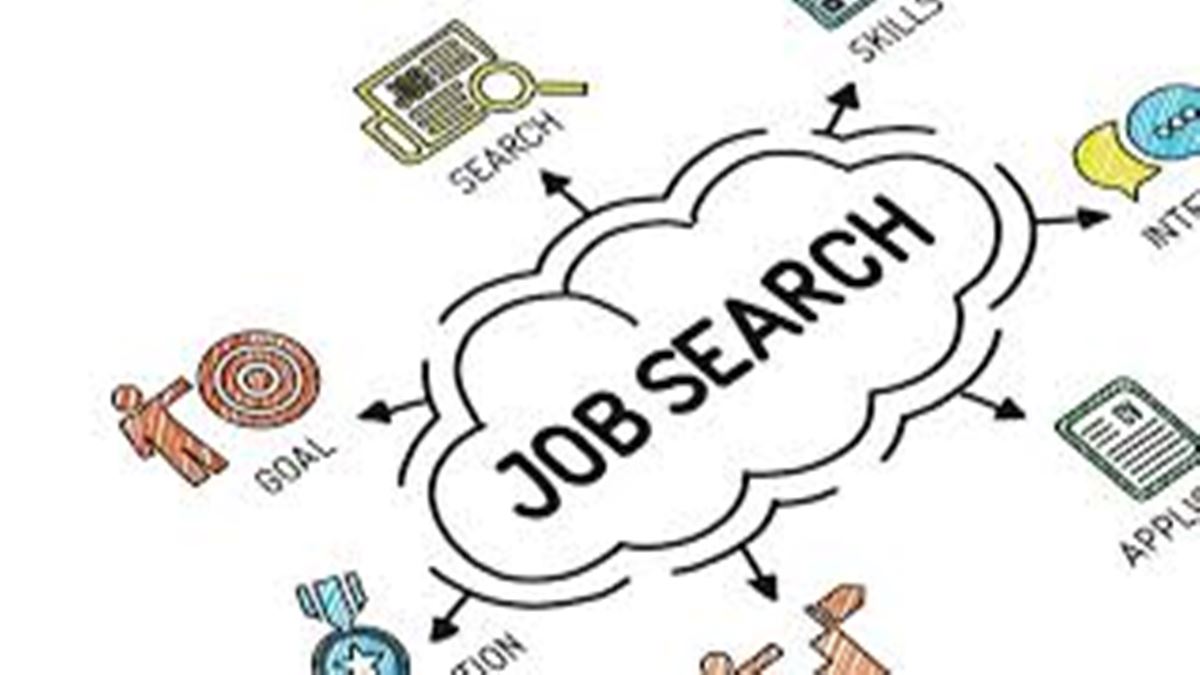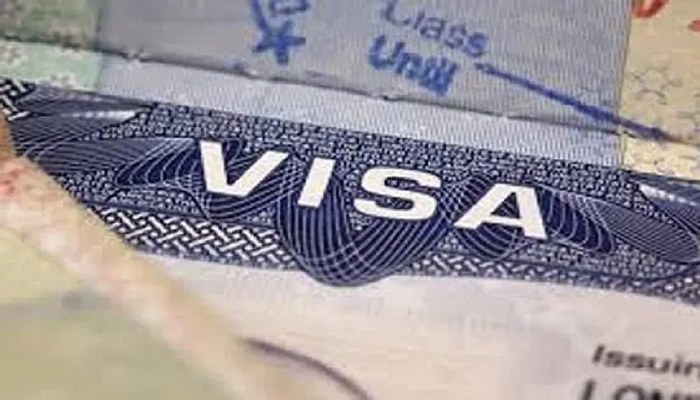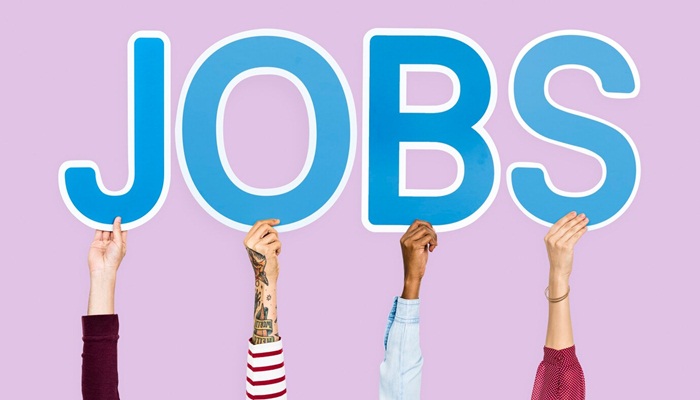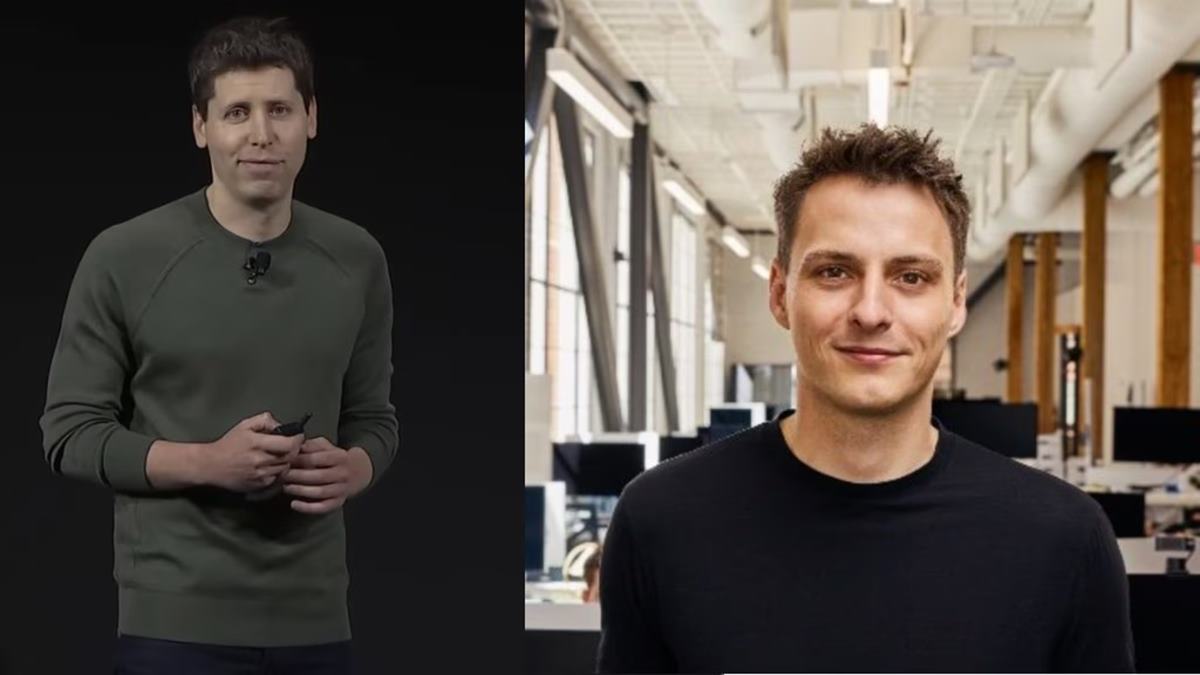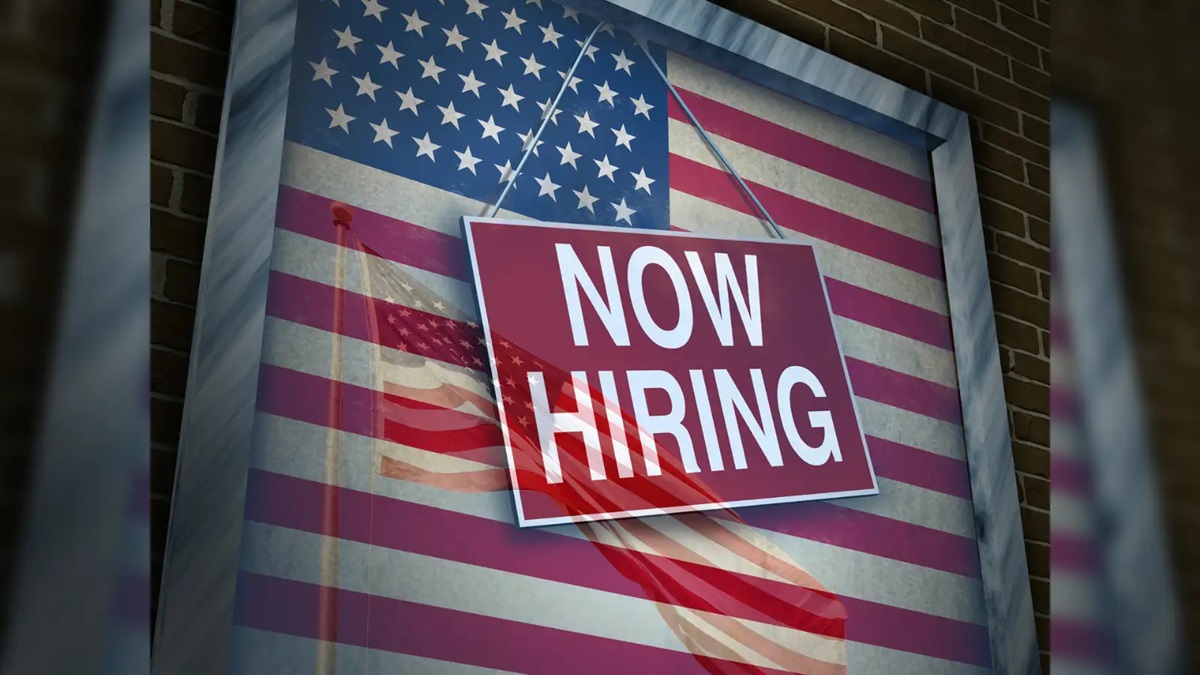In a significant move to bolster its artificial intelligence capabilities, Microsoft has hired 24 researchers, developers, and product specialists from Google DeepMind over the past six months. Among the most prominent recruits is Amar Subramanya, former technical head of Google’s Gemini chatbot, who has now taken up the role of Corporate Vice President of AI at Microsoft. His appointment was confirmed via a recent LinkedIn post.
In the post, Subramanya expressed enthusiasm about his new role and praised Microsoft’s work environment. “Super excited to share that I’ve started a new position as Corporate VP, AI at Microsoft AI,” he wrote. “After only one week in my new work, I’m already feeling extremely energised. The culture here is surprisingly humble yet bursting with aspiration.”
He further described Microsoft’s AI culture as “fast-paced, collaborative, and intensely focused on developing really creative, cutting-edge foundation models that enable enjoyable AI-powered products like Microsoft Copilot.”
Subramanya also revealed that in his initial days at the company, he had the opportunity to speak with Microsoft CEO Satya Nadella and Microsoft AI CEO Mustafa Suleyman, highlighting the access and transparency afforded to senior leadership at the firm.
As soon as the post was shared, it garnered attention from several LinkedIn users, many of whom congratulated him on the new journey. A comment read, “Congratulations Amar! They are lucky to have you!” while another said, “Awesome!!!! Congratulations, Amar.” One person added, “Congrats! They’re very fortunate to have you on the team.”
However, Subramanya’s comment about Microsoft’s work culture being “refreshingly low ego” caught the attention of some readers, with the phrase prompting further discussion about corporate culture and leadership styles within the tech industry.
According to a report by the Financial Times, the wave of new hires also includes Sonal Gupta (engineering lead), Adam Sadovsky (formerly senior director at DeepMind), and Tim Frank (product manager). All three have taken on leadership roles as part of Microsoft’s broader strategy to expand its AI division.
This wave of recruitment comes even as Microsoft has laid off more than 15,000 employees over the past two years. Despite the reductions in workforce, the company has remained focused on AI innovation, doubling down on tools such as Microsoft Copilot and other automation-based solutions.
Internally, Microsoft has been encouraging employees to upskill in AI. Leadership has reportedly emphasised that integrating AI into daily workflows is no longer optional but essential for the company’s long-term vision.

